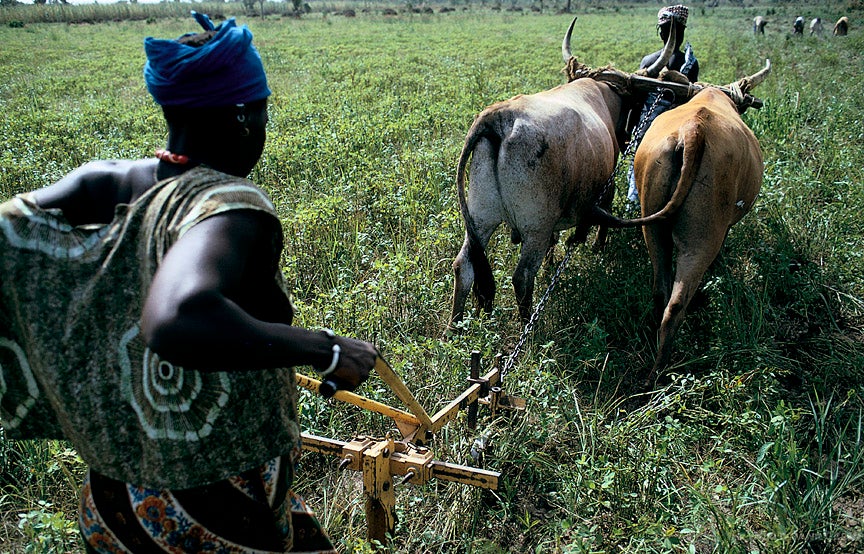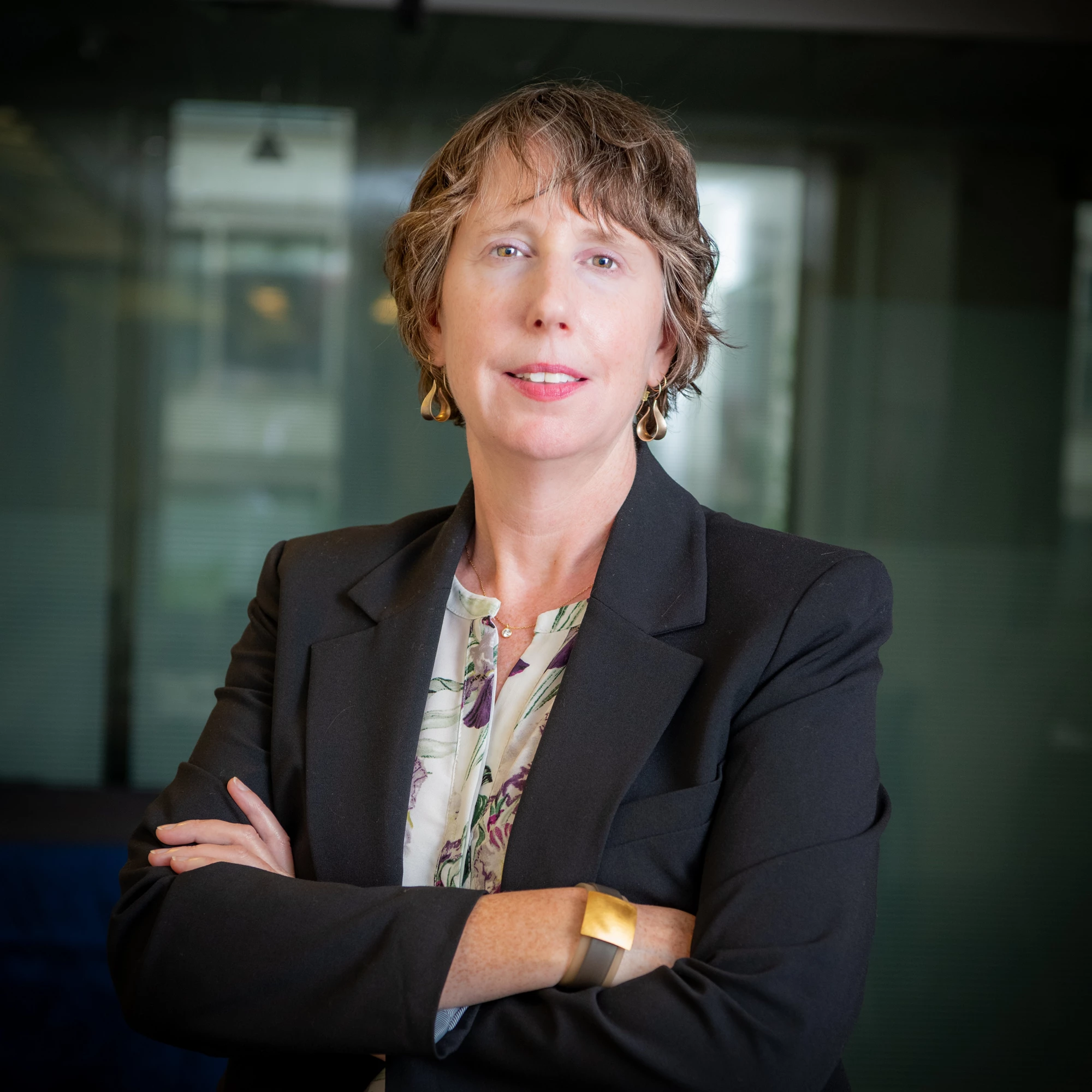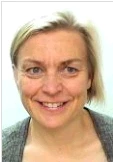Today is International Women’s Day--though personally I think women deserve to be celebrated more than one day a year! My colleagues and I who work at the Bank on enabling equity in agriculture celebrate women every day and recognize their contributions to their families, communities and countries. We wanted to use this global celebration to update you on some of the things we’ve learned from our work to make women’s lives better.
My colleagues and I who work at the Bank on enabling equity in agriculture celebrate women every day and recognize their contributions to their families, communities and countries. We wanted to use this global celebration to update you on some of the things we’ve learned from our work to make women’s lives better.
Women have a big need for reliable and timely access to technical and market information: We believe that information and communication technologies (ICT) have the potential to completely change rural women’s lives, especially women farmers who often have less access to information compared to male farmers. Our recently completed study , which looked at practical ways to integrate ICTs into agriculture projects in Zambia and Kenya, found that rural and agricultural women have a lot to gain from access to ICTs. However we know that the use of ICTs to help women farmers depends on a number of factors, such as literacy, infrastructure and cost. Among the things we learned: ICT can enhance and expand the impact of programs for rural women; it is essential to listen and learn through focus groups and other research approaches to understand women’s specific information needs that can be met by ICT; and women often learn better from other women. This study is the first step in a growing program to understand how we can best support women farmers with ICT.
When men migrate to the cities, women who are left behind continue to work in agriculture: In Central America, and Guatemala in particular, male migration continues to be high. The assumption is that many of the women who stay behind leave agriculture: In fact when we went to South Eastern Guatemala to do our research, government officials told us that women in the area do not work in agriculture –punto! But our field survey found that most remain in agriculture – though on a smaller scale. We interviewed women in agricultural households, both those with a male partner who had migrated and those whose partner had not. We also interviewed female-headed households. The findings show that while women do remain in agriculture, they have difficulties with knowing what to do to maintain their farms and with having sufficient labor. Often the result is that less land is cultivated; and even when women own more land they don’t have the labor to work it. We also found that when women were the primary decision makers their families had better food security. Such evidence is a good basis for supporting interventions such as agricultural extension and training, access to resources and credit and other tailor-made services.
The private sector can help empower women farmers: We looked at the private sector’s increasingly important role in agriculture in sub-Saharan Africa and the ways women farmers and employees are working with agribusiness companies. One of the surprising findings of our upcoming study is that private sector companies want to work with women farmers--and they are already doing so! However, governments still need to create the enabling environment, where women can participate fully by providing access to land, credit, extension advice and inputs. We also found that women do organize themselves in order to learn from each other to fully benefit from private sector opportunities. Such collective action is also promoted by companies.
All our findings point to a single lesson: Women are important stakeholders in agriculture around the world, and they are skillfully adapting to new situations and seizing the benefits of new technologies. But women’s needs are often over-looked or not well understood, and policy makers and practitioners need to do more to hear women’s voices and to respond. That’s why it’s important for us at the Bank to look beyond the surface and keep asking these questions on behalf of women around the world.




Join the Conversation